Career Spotlight: Scientist (Ages 14-18)

What does a scientist do?
Science is about exploring answers to questions. A scientist uses research and evidence to form hypotheses, test variables, and then share their findings.
NASA scientists conduct groundbreaking research to answer some of humanity’s most profound questions. Most scientists start as project scientists in their early careers. They spend a lot of time publishing their peer-reviewed literature and presenting scientific research. Senior-level scientists provide leadership in the NASA community, actively publish research group work, and take on management roles.
What are some of the different types of scientists that work at NASA?
Many types of scientists work at NASA to support its wide variety of missions. The agency’s scientists research the foods we send to space, the habitability of other planets, the weather in space, and so much more. Here are a few examples of types of scientists at NASA.
Planetary scientist: Discovers and studies the planetary objects in our solar system. These efforts shed light on the history of the solar system and the distribution of life within it.
Astrobiologist: Studies the origins of life, how life evolves, and where it might be found in the universe.
Astrophysicist: Studies the physical and chemical structures of stars, planets, and other natural objects found in space.
Biological/physical scientist: Studies how biological and physical processes work in challenging environments like space. This information helps NASA design longer human space missions and also benefits life on Earth.
Earth scientist: Uses observations and data from satellites and other sources to study Earth’s atmosphere, oceans, land cover, and land use.
Heliophysicist: Studies the Sun and its behaviors, such as magnetic fields, solar wind, and space weather. This knowledge helps us better understand and predict the Sun’s effects on Earth and in space.
How can I become a scientist?
Focus on building your scientific knowledge and skills. You can do this by taking challenging academic courses, participating in science fairs, and joining extracurricular activities that have a scientific focus. This is also a good time to research what types of sciences you’re most interested in, possible careers in those fields, and academic degrees required for those jobs.
Scientists typically need at least a four-year degree. Most pursue a master’s degree or even a doctorate (Ph.D.) to become experts in their field.
How can I start preparing today to become a scientist?
Interested in applying some science skills right away? NASA provides a variety of hands-on activities for a range of skill levels. The space agency also offers student challenges, competitions, and activities that provide authentic experience in a variety of science fields. For up-to-date opportunities, visit:
NASA also offers paid internships for U.S. citizens aged 16 and up. Interns work on real projects with the guidance of a NASA mentor. Internship sessions are held each year in spring, summer, and fall; visit NASA’s Internships website to learn about important deadlines and current opportunities.
Advice from NASA scientists
“Take advantage of opportunities in different fields like attending summer classes, volunteering on the weekends, visiting museums, attending community lectures, and reading introductory books at the library. These are a few ways to expand your scope of possibility within the sciences, while simultaneously narrowing your focus in a field.” – Angela Garcia, exploration geologist
“The key to being a scientist is to love asking questions. If you are fascinated about how and why things work — you are already a scientist.”

Nicola Fox
NASA Associate Administrator, Science Mission Directorate
“One general skill that is often overlooked is the ability to write well and clearly. There’s a misconception that being a scientist means using big words and writing in ways that no one understands, when it’s actually the opposite. The ability to communicate your thoughts and ideas so that a child can understand is not easy, but it’s essential for good scientific writing.” – Matt Mickens, NASA horticulturist
Additional Resources
Careers in Science and Research
NASA Science Career Path Navigator
NASA Science Mission Directorate
Explore NASA+ Scientist Resources
📚 NCsolve - Your Global Education Partner 🌍
Empowering Students with AI-Driven Learning Solutions
Welcome to NCsolve — your trusted educational platform designed to support students worldwide. Whether you're preparing for Class 10, Class 11, or Class 12, NCsolve offers a wide range of learning resources powered by AI Education.
Our platform is committed to providing detailed solutions, effective study techniques, and reliable content to help you achieve academic success. With our AI-driven tools, you can now access personalized study guides, practice tests, and interactive learning experiences from anywhere in the world.
🔎 Why Choose NCsolve?
At NCsolve, we believe in smart learning. Our platform offers:
- ✅ AI-powered solutions for faster and accurate learning.
- ✅ Step-by-step NCERT Solutions for all subjects.
- ✅ Access to Sample Papers and Previous Year Questions.
- ✅ Detailed explanations to strengthen your concepts.
- ✅ Regular updates on exams, syllabus changes, and study tips.
- ✅ Support for students worldwide with multi-language content.
🌐 Explore Our Websites:
🔹 ncsolve.blogspot.com
🔹 ncsolve-global.blogspot.com
🔹 edu-ai.blogspot.com
📲 Connect With Us:
👍 Facebook: NCsolve
📧 Email: ncsolve@yopmail.com

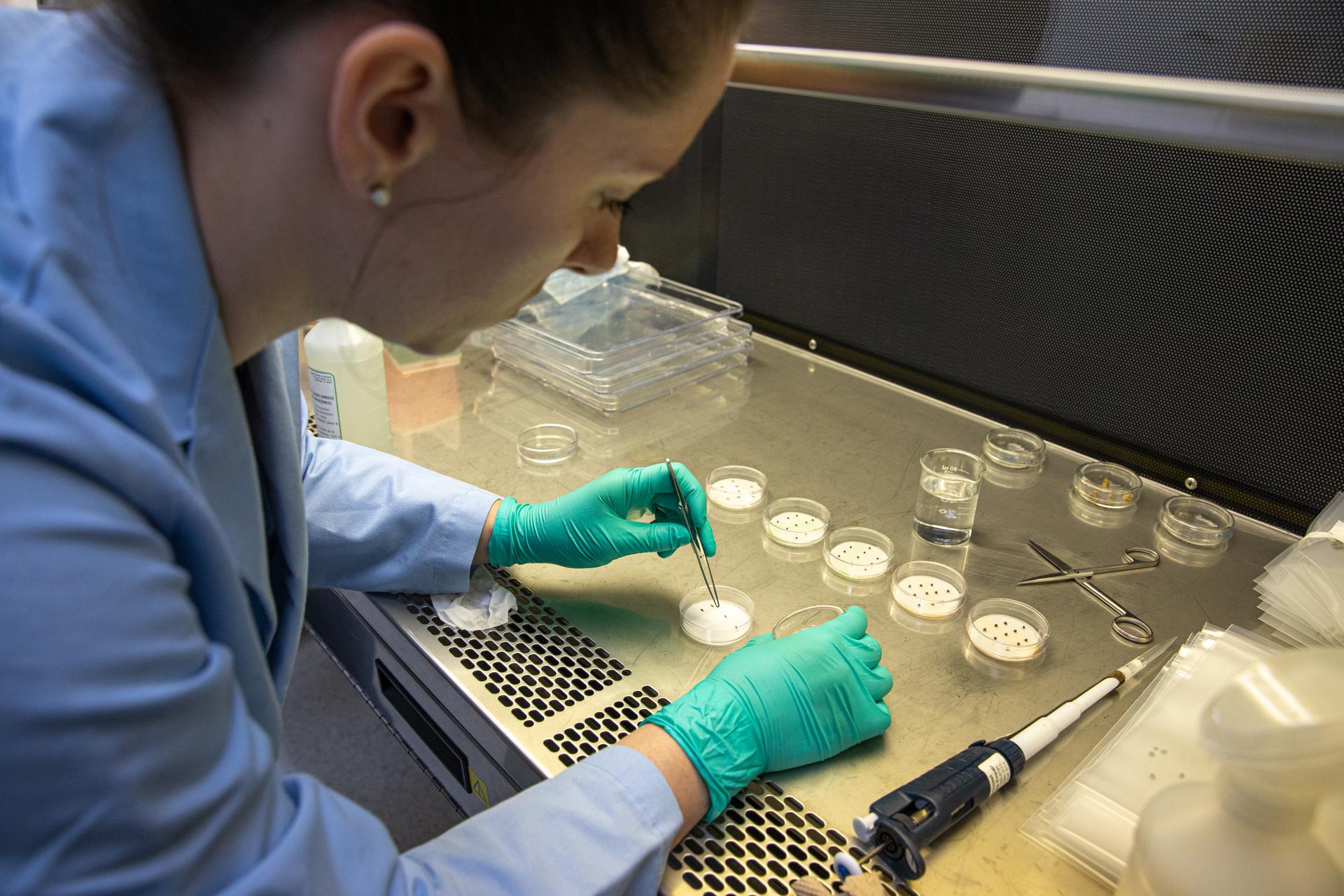
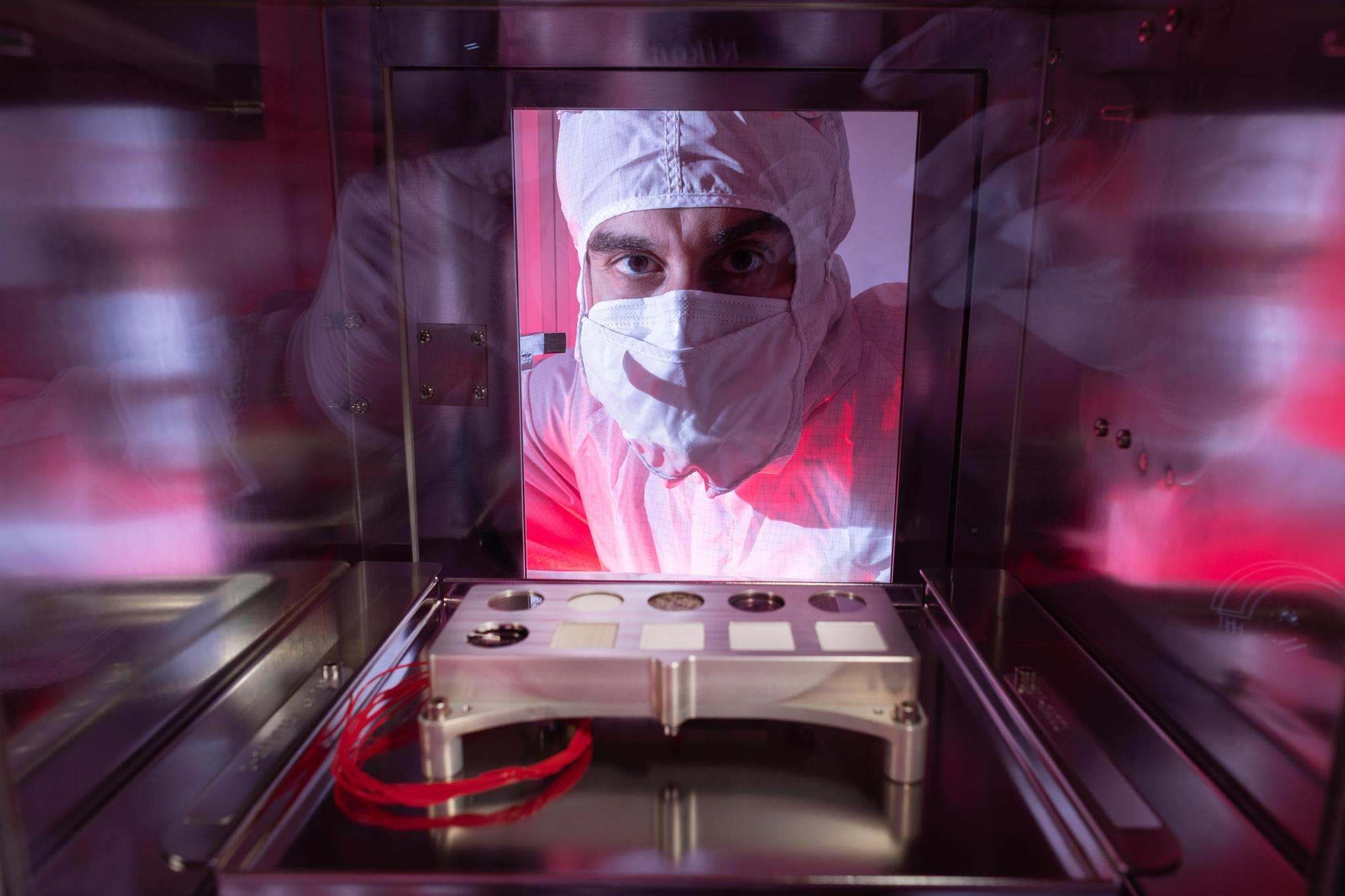
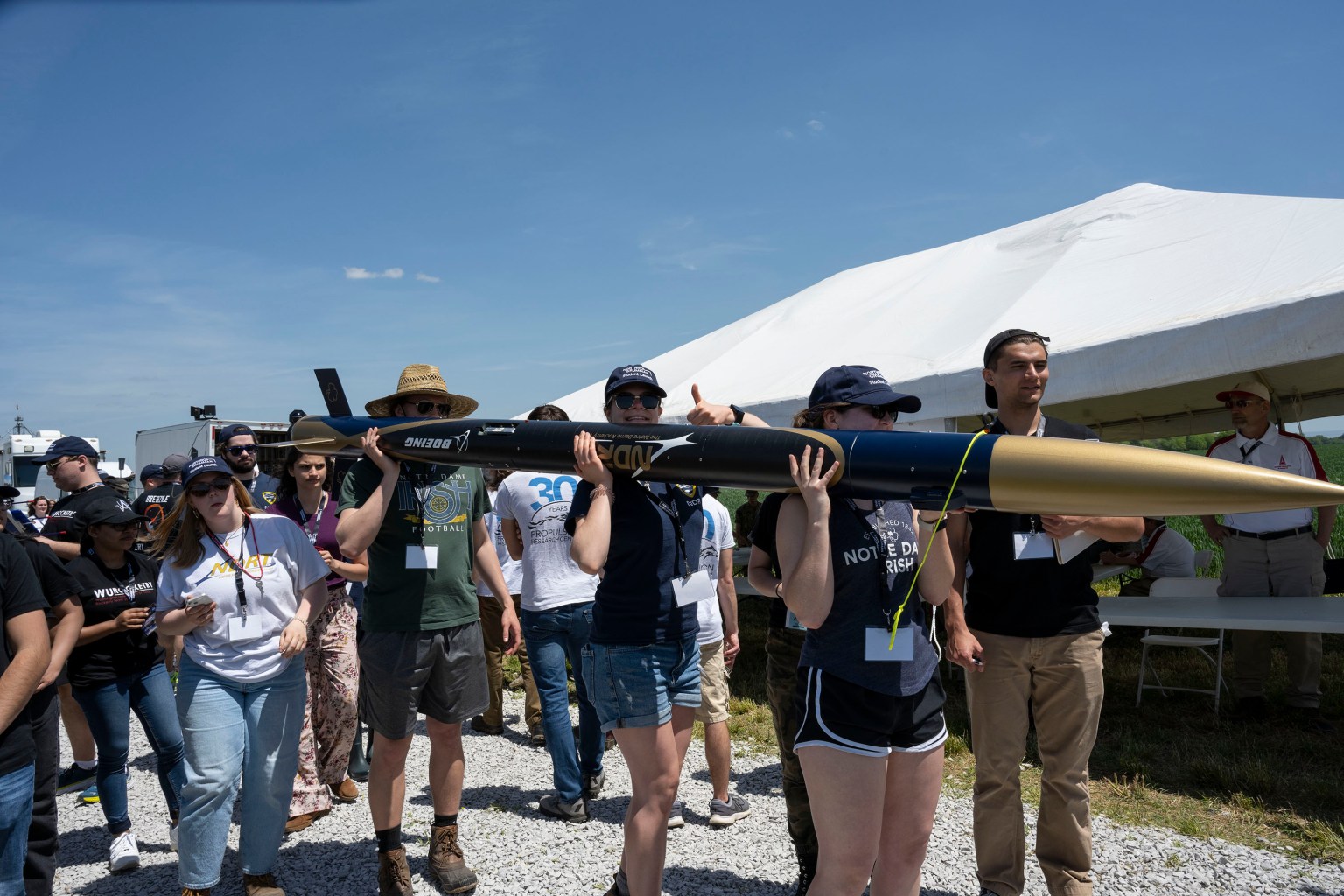
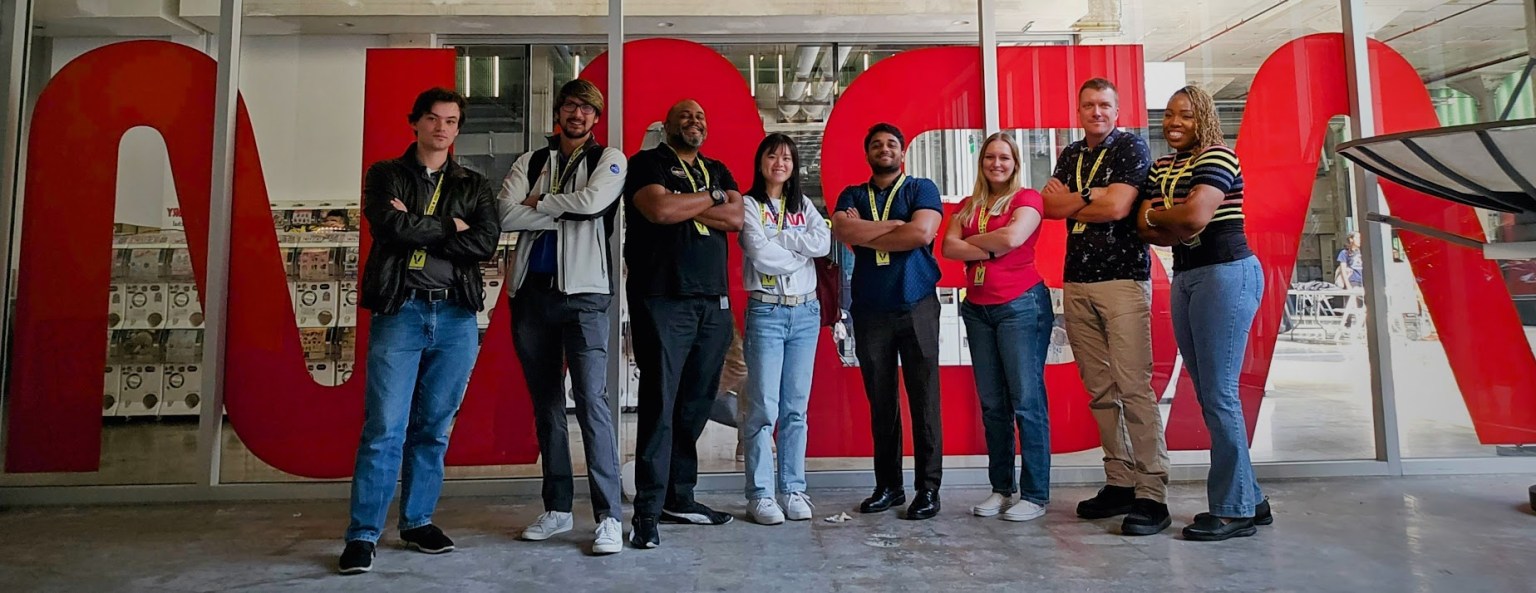
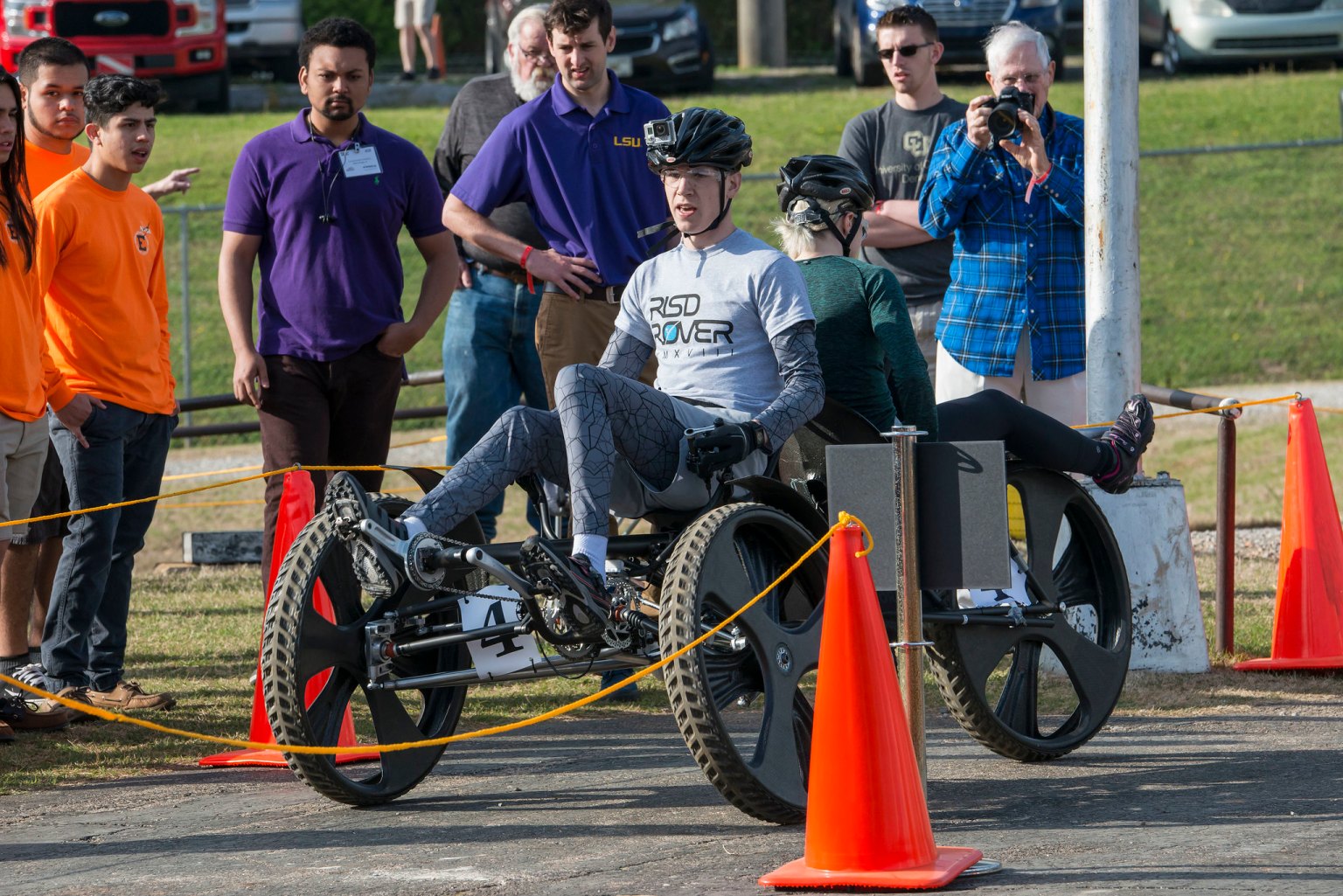
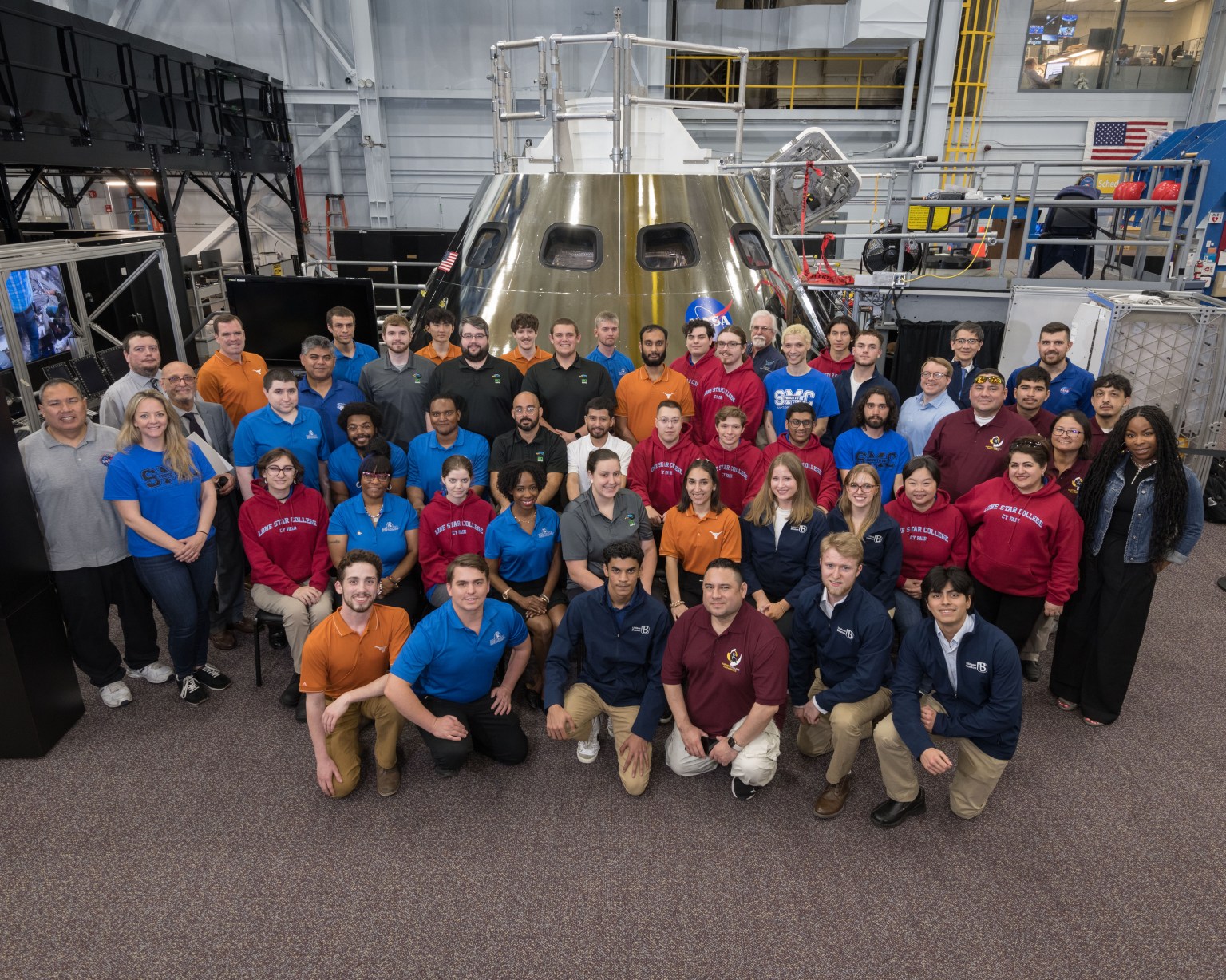
😇 WHAT'S YOUR DOUBT DEAR ☕️
🌎 YOU'RE BEST 🏆